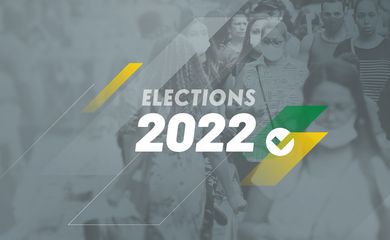
From Tuesday (Sep 27) to 48 hours after the first round of the election next Sunday (Oct 2), no Brazilian elector may be arrested by any authority in the country—except if they are caught in flagrante delicto or convicted of a non-bailable crime.

The other exception takes place when the person hinders someone else’s freedom of movement, thus depriving them from their right to vote. Anyone caught committing this offense may be arrested by law enforcement.
The rule as well as the exceptions can be found in Brazil’s Electoral Code. The rationale behind the legislation, inherited from old electoral rules, aims to prevent any authority from using their power of arrest to interfere in the outcome of the elections. The article is the same piece that makes the arrest of candidates, election inspectors, election officials, and party delegates illegal in the 15-day span prior to the election.
This year, the country’s top electoral authority decided to ban firearms within a hundred meters of any polling station. The few exceptions concern security agents only. The rule applies even to individuals allowed to carry firearms, and will be in force from 48 hours before the election to 24 hours after it.
Starting Tuesday (26), in the case of any arrest, the rule stipulates that the person arrested must be brought before a judge in order have the legality of the act verified. If any wrongdoing is found, the individual responsible for the arrest may be held accountable and sentenced to four years in prison.




